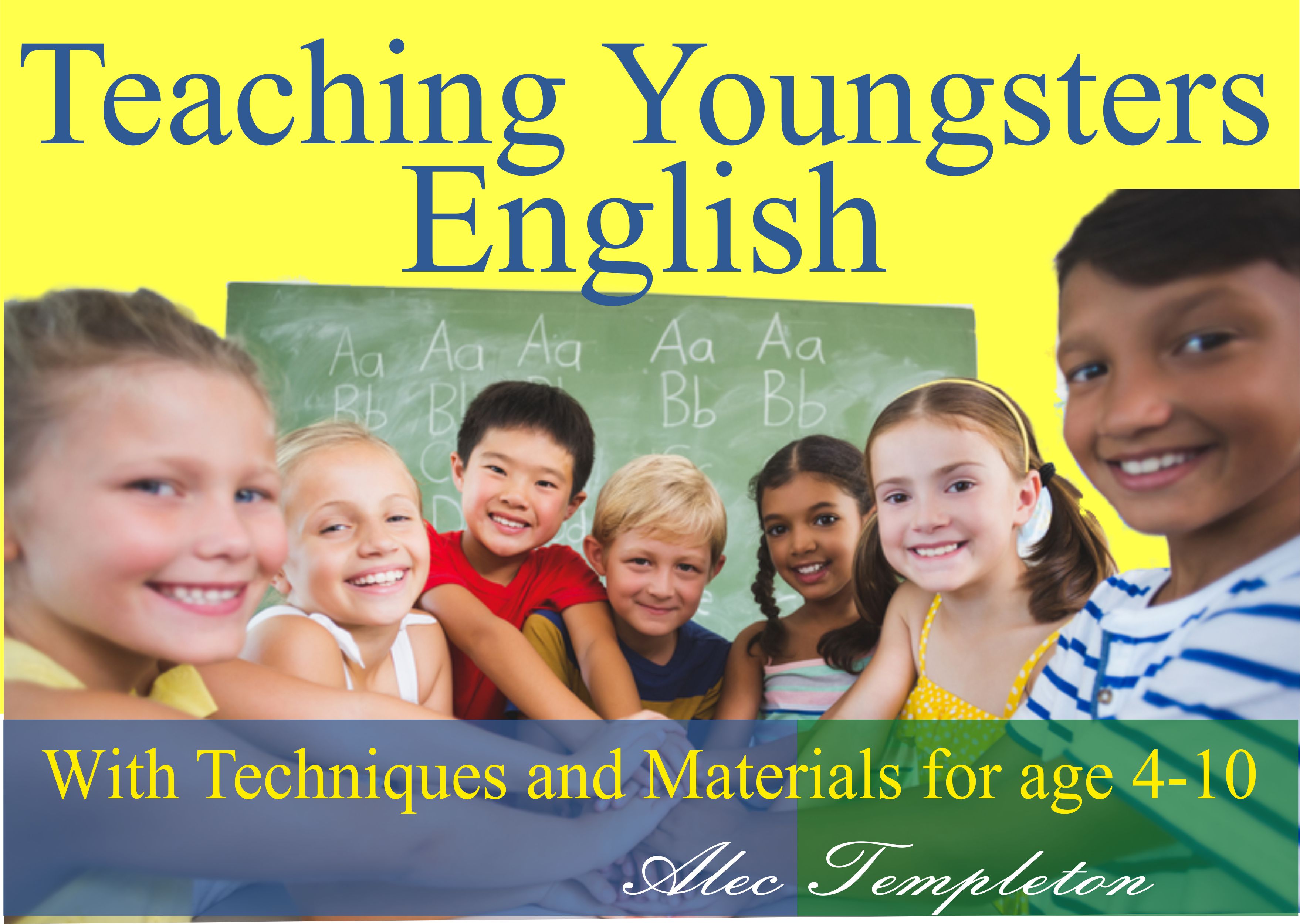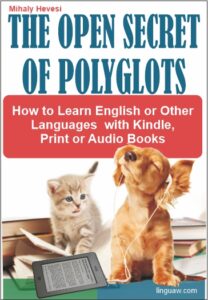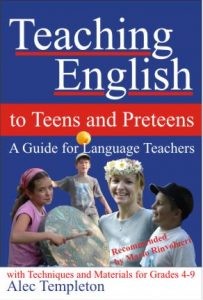100 Years of 12-year language curriculum based on three steps (Experiencing, Performing, Understanding the Workings of Language (i.e. Grammar) important to develop clear thinking and other social competences
Over the last 100 years we have seen impressive development of Waldorf Education’s goals such as determining the curriculum according to the soul and mind development of the young child (leading to healthy thinking, social competences etc). Waldorf Education is still attracting young teachers, scientific research and parents enabling more and more children worldwide to find their footing in our global community.
In the field of language there have been many successes and yet certain aspects continue to be underestimated, ignored even. For example
- Language holds far richer experiences than mere “vocab” and rules.
- The wonderful inner nature of words expressing what they mean.
- There is a miraculous interaction and interrelation between words and the message groups of words convey.
- Syllables can be lengthened/shortened by voiced /unvoiced consonants creating a rhythmical flow in a sentence/verse.
- Grammatical shapes and functions can be based on rhythms that convey meaning directly
Central goal of workshop: Listening to/telling stories encompasses all of those and could therefore play a core part in language learning/teaching round which everything else is built.
For the children to (re)discover their connection with language children need:
- THREE sessions a week (from the aural-oral phase during year 1 -3 on)
- To PERFORM AND EXPERIENCE language. If we use finger plays, circle games, action rhymes, dialogues-verses, little conversations, language learning games in the lower classes children will have adequate comprehension of what is happening (linguistically).
- To learn to ENJOY the subtle interplay between vowels, diphthongs, consonants, word stress and intonation e.g. in all tongue twisters, poems, songs, stories heard/retold, conversational exchanges (“orinoco effect”).
- To deeply experience, develop an EAR FOR RHYTHM (coming through syllable length and shortness) as well as beat/metre (coming through stressed and unstressed syllables).
- ATTENTION to the fact that many words express what they mean (e.g. water, bird, uccello, pajaro, oiseau, vogel).
All this presupposed that we teachers need to be convinced that:
- Cl 1-3 is a pre-intellectual (symbolic, IMAGINATION-ORIENTATED) stage of development where Sense Impressions and Experienes (“Erleben”) exploring and discovering rather than explanations are the children’s daily bread.
- Cl 6-9 is a very delicate stage of development where youngsters explore and discover intellectual argument (STILL THROUGH BRIDGE FUNCTION OF IMAGINATIVE EXPERIENCE), logic and drawing (not jumping to) conclusions, deciding what is / what is not valid (discernment), judging what is more what is less important (prioritizing).
- Learning takes place DURING SLEEP (meaning lesson content needs to be worth taking into sleep!!).
- IMITATION in young children is already a form of understanding.
- That we need to (1) begin with experiencing language aurally/orally (Sprache erleben), then (2) speaking in the language “communicatively” (Sprache handhaben) and (3) understanding inner workings of language eventually leading to “cognitive” grammar “ (Sprache grammatikalisch verstehen).
- To AVOID incomprehensible, intellectual ABSTRACTION (e.g. as comes with mere words such as “subject”, “continuous” and the like.
- LITERATURE is a very rich source for language learners.
- That Deepened Experience comes with thought and discussion (DIALOGUE method) and for children to feel seen, taken seriously and accepted in their learning community.
- That Learning means being allowed to TAKE THE INITIATIVE (e.g. to decide how to do / change language exercises) not just having to carry out instructions.
- That active, voluntary MEMORY comes from (inner and outward) movement as well as touching, auditory and visual experiences; and from performing (doing).
- That an important part of PREPARATION is looking back on the previous lesson(s).
- That it is worth our while to know what stories various classes hear (Edda thaat we can connect with Macbeth; Romans that we can connect with Shakespeare’s Julius Caesar; Odysseus that maybe we connect with Joyce’s Ulysses one day!).
Exercises to Experience, Utilize and finally to Understand
- Tell two stories to each of two groups. Pair off and simultaneously tell each other the story just heard (experiencing that the picture (sequence) not the text is actually retold/re-enacted). Get three writers to collect single words from their groups and write them up on the blackboard (experiencing that each word is a mosaic of the story as a whole and that each words is connected to one or more other words).
- GRAMMAR DIALOGUE
- Would you like TO SAIL / Do you like SAILING? Do you remember SITTING on that park bench? Did you remember to sit …
- I saw a cat COME/COMING down the stairs. (And compare this with many other, similar sentences like: I felt someone TOUCH/ TOUCHING me).
- Football commentary (actions ONE AFTER THE OTHER / boat race commentary (actions RUNNING SIDE-BY-SIDE).
- What WAS the lady DOING / WHAT DID the lady DO when the flight was called?
- While I WAS HAVING /HAD a bath someone KNOCKED/WAS KNOCKING in the door. (4 possibilities, each meaning different things).
- Picture of a GP in a white coat who has put a golf ball on the floor, near a cardboard cup on its side, holding a golfclub and a patient going out through the door, What DOES the man DO? What IS he DOING? What HAS he (just) DONE? What HAS he BEEN DOING? Four didderent aspects, four different activities.
Young learners do need THINGS TO HOLD ON TO on to. In grammar for example:
- That we not only have rhythm in prose and poetry, rising and falling rhythm also appears as a quality in structural language features.
- The aspects of Before, During and After are directly experienceable!
- Incomplete and Completed Action help understand the use of tenses.
Alec Templeton
19.1.2019



